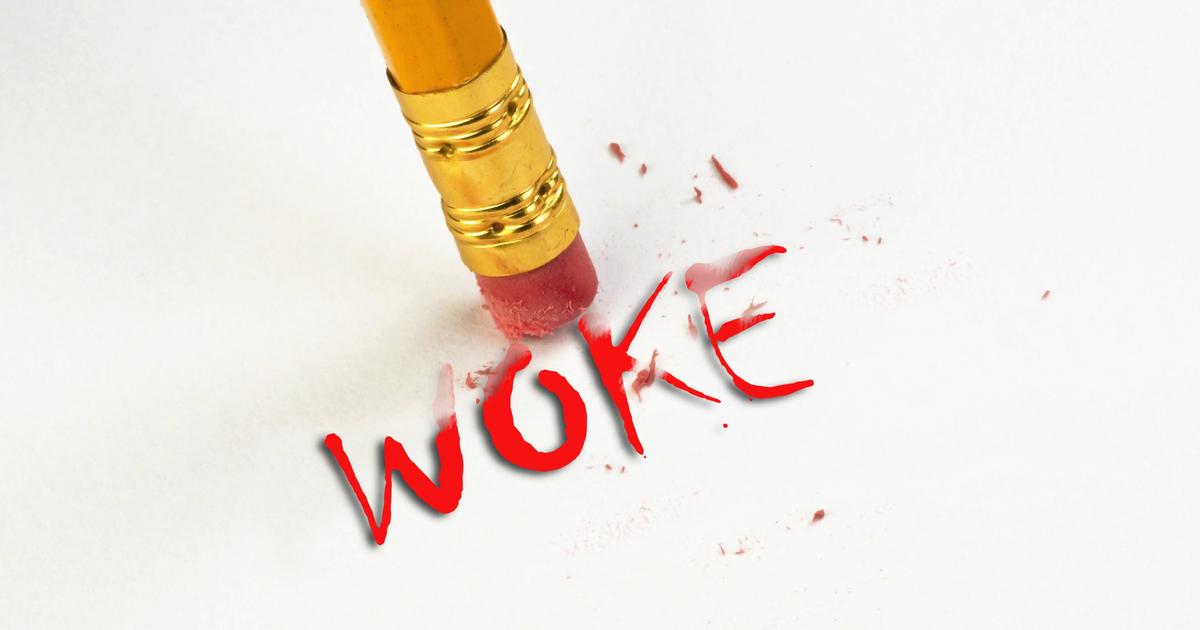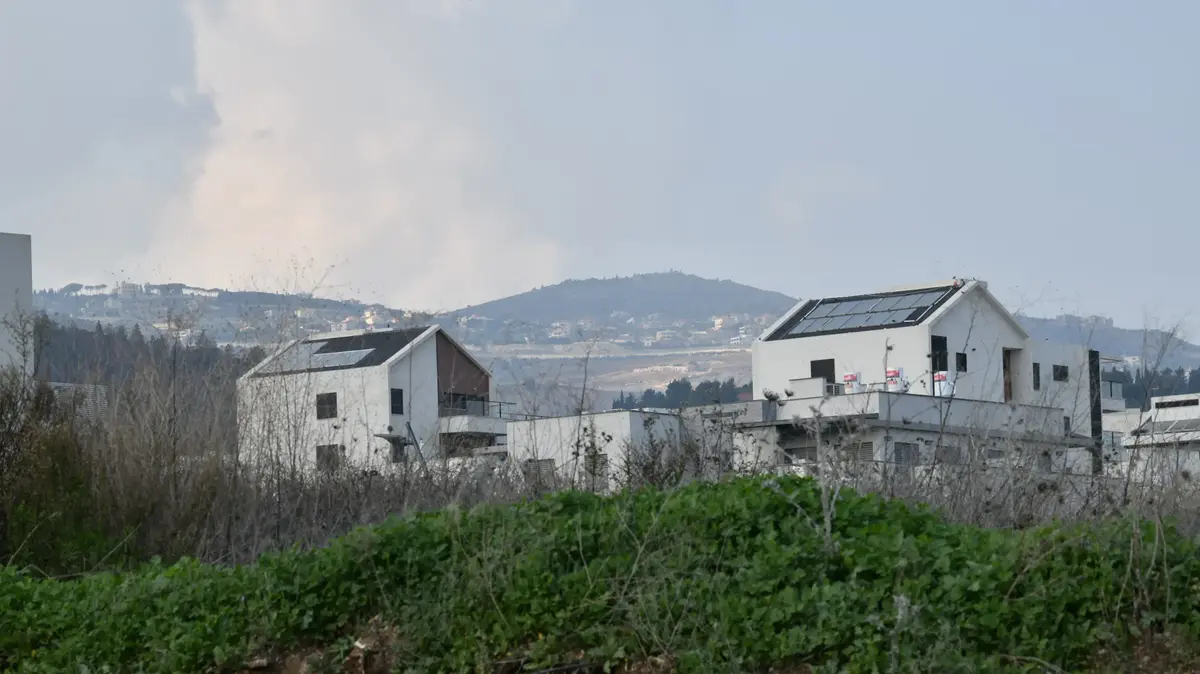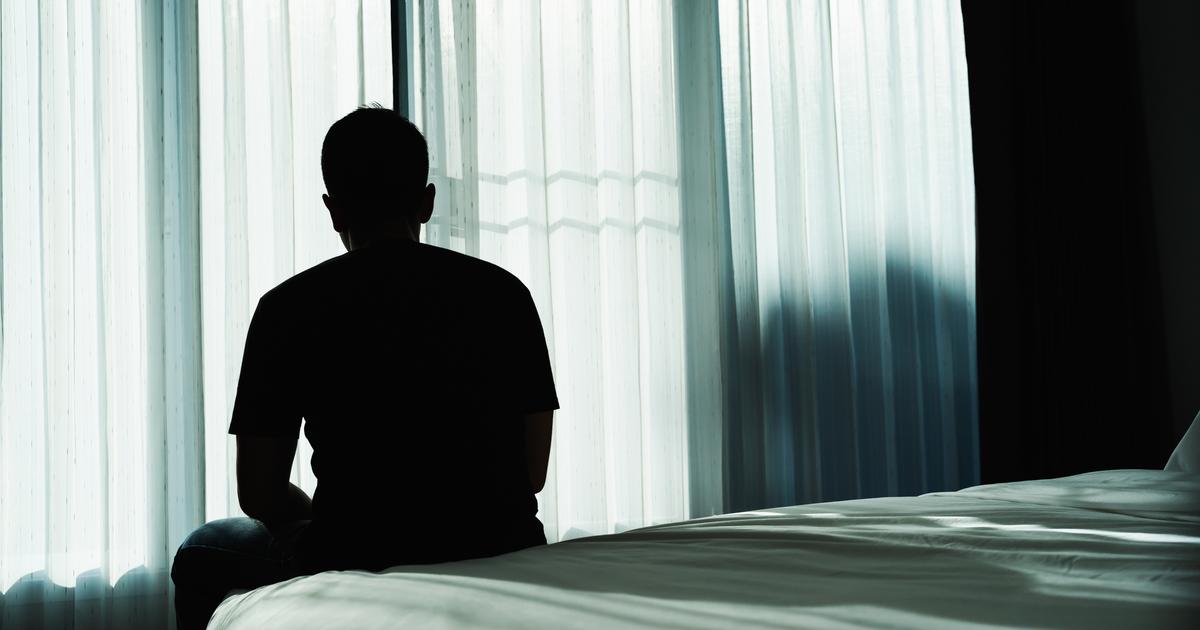Jérémie Peltier is director of studies at the Jean-Jaurès Foundation. He recently published Entertaining Tomorrow (Éd L'Observatoire, 2020)
FIGAROVOX.- Theaters, cinemas… will be able to reopen shortly, is this a relief for you?
Jérémie PELTIER.- Certainly, and for all French people I think! Entertainment is by definition what allows us to take a break from our daily routine - and we really need it right now. It is something fundamental in our societies and in the life of each individual. This is what allows us to forget for a few hours our worries about life, money, heart, family. So we can only rejoice in the upcoming reopening of places of cultural entertainment such as theaters, cinemas, concert halls ... This way of entertaining is one of the elements that we most missed during confinement, and for good reason: even if we immersed ourselves in a whole bunch of activities such as cooking, DIY (if we take the data from the IRI, we witnessed between March 16 and 22 an increase in purchases of more 400% for paint and DIY products compared to March 16 and 20, 2019) home sports and that we have found past hobbies such as board games. These were first and foremost “hobby” activities, to fill boredom. The excitement of the first week when we began to catch up like bulimics our delay in watching our films and series waiting for months quickly gave way to a form of weariness. Containment activities were time consuming activities, which made us go around in circles and did not get us out of everyday life, while entertainment is made to get us out of our life for a little while, is done to "break the rhythm ”, to distract us (like a distracted student looking out the window during class). Thus, the monotony of confinement for people who were not on the front line and who were at home either on telework or on partial unemployment led to a real feeling of lack of our past distractions.
The cultural subject was quickly put forward as one of the major victims of the crisis.Regarding the reopening of cultural places such as cinemas (reopening on June 22 throughout France), concert halls or concert halls (June 22 in the orange zone, June 2 for the rest of France), it is necessary however, exercise caution. The constraints imposed on them pose difficult questions: is it profitable for a performance hall to open while respecting a limited gauge, a gauge which will not allow it to recoup its costs, the reopening and the technical and material costs, logistics and security ultimately making him lose more money than leaving the room closed? Besides, how can you quickly put on shows or concerts when all the tours have been canceled, and when setting up a new program is not a snap? It is therefore very likely that a good number of concert halls and theaters will not really reopen and will not resume dynamic activity with the public before September-October. The public must be patient and not think that from June 2 or June 22, it will be possible to go to a different show or concert each week. But the advantage of the dates given by the Prime Minister and that they set a horizon and allow these places to work again on a programming.
Will the cultural sector keep any legacy from this crisis?
For sure. France has a unique cultural network in the world: 2,000 cinemas, 2,500 music halls, 3,000 bookstores, 1,200 museums, 16,000 libraries, 1,000 theaters ... There will be losers. This exceptional territorial network is one of the reasons why the cultural subject was quickly put forward as one of the major victims of the crisis. Everyone, wherever they live on French territory, could see that one of the places I just mentioned was closed. Even if we tried to reassure ourselves at the start of the crisis on "the place of reading during confinement" , on the attractiveness found for old films and on the activity of artists who started to do "live" On social media for their audience, the coronavirus has killed culture.
Culture represents everything that should not be done during a pandemic: bringing people together in an enclosed space.A certain number of rooms are going to be very weakened, bookshops have already closed their doors, and publishing houses. What is certain is that the concern is primarily aimed at the private sector: bookstores, private cinemas, cultural establishments financed almost exclusively by the private sector, etc. If we take cultural institutions, those that rely on a large share of public funding should do better. In general, as Miche Guerrin and Brigitte Salino recently said in the article by one of your colleagues, culture represents everything that should not be done in times of pandemic: bringing people together in a closed place . The recovery with constraints will therefore be very difficult.
In a book published in the editions of the Observatory, you suggest that we will not have fun tomorrow as we did yesterday. Why? What new needs will emerge?
Like many subjects, the crisis has been an accelerator. When we take stock, we risk finally realizing that very little was born expressly of the crisis, apart from the social and economic consequences. With regard to entertainment and leisure in general, one can imagine that the crisis will have the consequence of accelerating two trends: the need for intensity and the need for authenticity. Indeed, the crisis has made many people realize that they only had one life, and that we will have to live each moment intensely. Each activity, each meeting. We are lacking in adrenaline, emotions, real noise, contact, real smells. This need for intensity is something that obsesses us, as the writer Tristan Garcia very well demonstrated in his book La vie intense (Éditions Autrement, 2016). Since the arrival of electricity, we have been obsessed with living intensely.
Read also: Clap at the end of the Drive-In Festival with the revival of cinemas on June 22
Leisure and cultural offer in general will no doubt play on this value of "intensity" in what they will offer after this crisis. One can imagine seeing the development of “absolute cinema” devices accelerating. Indeed, in recent years, a certain number of cinemas have equipped themselves as mini "Futuroscopes" throughout France allowing you to feel the film "as if you were there", allowing you to "live an experience" before a film: the feeling of freshness, the water flowing, the seats fold back ... Maybe 4D sensations will be the rule in a few years. Likewise, people will seek more authenticity. It will be about living without virtual reality gadgets. We played too much pretending: exercise bike, e-apero, video games, or even replay of sporting events with comments from the time for us to vibrate at each goal as if it were direct.
These needs for intensity and authenticity will come up against the health constraints that the crisis has left us. Take the example of “recreation” of children at school: recreation is by definition an “attractive” time when children forget that they are at school. There, the health protocol published by the Ministry of National Education calls for staggered recreations between classes, without ball games or outdoor games; basically, nothing that makes their hearts beat.
Cultural activity came first among activities essential for personal balance in confinement, followed by manual activities.Does the success of streaming viewing platforms, to the detriment of cinemas for example, herald an increasing individualization of cultural practices? No more family film in the cinema, now “family packs” on Netflix allow everyone to watch a different film!
What is certain is that it will be necessary to measure the impact of the habit that many French people have acquired during confinement with cultural entertainment at home! An Ifop survey carried out more than two weeks after the start of confinement, revealed that 62% of French people declared that they had increased their consumption of one or more cultural goods since the implementation of containment measures, and 56% - against 53% before confinement - placed the consumption of cultural goods (listening to music, watching films, series, playing video games, reading books even digital…) at the top of the activities essential for personal balance during confinement, followed by manual activities (41%) and the practice of sport (37%). The question that will arise for the whole cultural industry will be the following: how to win back a public potentially defiant vis-à-vis collective gatherings, and who has practiced culture at home for several months?
Read also: Clap at the end of the Drive-In Festival with the revival of cinemas on June 22
It is very likely that the first spectators to return to concert halls and concert halls are the most "militant", the most committed to defending the sectors in question. To win back the others, it will be necessary to be inventive, and to insist on the notions of unique and intense experiences, as said just before. Being a place like the bookstore, I am more optimistic on the other hand: beyond the fact that the French are very attached throughout the territory to their bookstore in the neighborhood or village, they embody a certain "art of stroll ": wander between books without knowing what you are looking for and what you will find.
Those who can afford it will be able to indulge in recreational activities, while the others will have to go up the slope.Do you fear an accentuation of the social divide and consequently a widening gap in the cultural practices and the leisure activities of the French?
What we can fear in the way of entertainment tomorrow is that beyond the health security barriers, there will remain some psychological and economic barriers that are difficult to overcome. In short, not everyone will have the same access to entertainment. The perfect example is vacation. For the past few days, we have been seeing injunctions everywhere to book our holidays: "It's time to be able to plan your holidays and book them", while for many it will be more a question of going up the slope in economic matters.
We know that the crisis has revealed inequalities in the way that French people experience confinement, in work, in distance education, and will be an accelerator. This is what Jérôme Fourquet has shown in L'Archipel français . The desire to intensify activities risks highlighting strong inequalities. During confinement, one could think that the differences were slightly less visible, less noisy, between those whose weeks normally combine travel and travel and those whose routine is made of few movements and few activities that would fuel their social media. Everyone was in the same boat: those who moved before no longer moved, and got in tune with the motionless.
With the economic crisis, some have lost or risk losing their jobs, which will have the consequence of increasing the inequalities that already existed. Those who can still afford it can hope to make up for lost time by engaging in recreational activities, while others will understand that the "next world" is much worse than the one before.
Containment continued to be shared by those who took pictures of themselves in front of their swimming pool or in their luxurious living room.You have also thought about the notion of "modesty", according to you a certain number of practices and behaviors must become more intimate, more secret than before, why?
With the return to freedom, we risk witnessing on social networks all the frustrating staging from the public who will have the means. Besides, let there be no mistake, confinement absolutely did not stop this. Containment continued to be shared by those who took pictures of themselves in front of their swimming pool or in their luxurious living room. What I say in my book is that after the crisis, the challenge will be to avoid the exacerbated staging of the race for everyone's happiness, so that a kind of leisure competition does not take hold generating frustration. I find that we are not modest enough. The notion of "modesty" is a beautiful virtue, absolutely not old-fashioned, but damaged by the appropriation that Islamists and fundamentalists have made of it in recent years. Modesty can be elegant. I suggest that we have fun tomorrow with a little more modesty than we did before. And that we take advantage of the crisis to find the balance between the excess of modesty of yesterday and the lack of modesty of today. I believe there will be a need and a request for sobriety in the staging of our lives. It is not necessarily a bad thing. And above all, it is something that is within everyone's reach because it is within reach of our hands holding our phones.









/cloudfront-eu-central-1.images.arcpublishing.com/prisa/PC64GDDWYZBDBPMICIQJ6CD5T4.jpg)




/cloudfront-eu-central-1.images.arcpublishing.com/prisa/B7F2F3HZ2JCUHDZJKAGKAXXPSU.jpg)